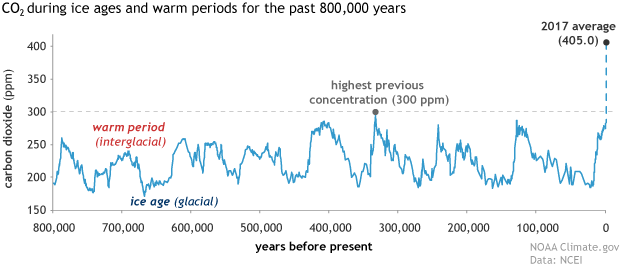Wow, what a holiday season this has been! I've run across so much distressing news I can hardly process it. I should give myself a break from this computer. But here's one I have to write about. Read these three statements, which I grabbed off a website pertaining to dairy farming in Wisconsin:
Amish dairy farmers at risk of losing their living and way of life as their buyers drop their milk.
Wisconsin loses 14 percent of Grade B dairy herds in last year.
USDA program overwhelms Quad City-area food banks with milk.
These statements suggest that we have an overabundance of dairy farms in the land, especially in Wisconsin. But as with all changes in the economic world, it's tough for people to acknowledge that they should change their way of life. It's understandable, one can sympathize, but if people are permitted to continue with programs that have to be heavily subsidized, we all bear the burdens of their choices. Sometimes it's worth it, sometimes not. In the case of dairy farming, there is the obvious financial burden of subsidizing activities that produce unwanted excess, But there's more to the story, as the following little tale illustrates:
The body of water known as Green Bay, which juts out from Lake Michigan on its west side, is becoming overcome with algal growths that stem from excess nutrients in the water. A story from the Milwaukee Journal Sentinel describes dead zones in the waters as a result of nutrient-laden runoff from dairy farms along the western shore of the bay.
When I was a kid, we lived in Green Bay, Wisconsin. In the 1930s, my family often went to a beach on the bay, just on the edge of town. Later, when I had small kids of my own, we couldn't take them to that beach. It was closed because of pollution from the paper mills into the Fox River and thence into the bay. We went further north into Door County to find shoreline that was reasonably clean. Later the paper mills had to clean up their act, and the beach outside town could reopen. Now the more sinister pollution problem is agricultural runoff. I say "sinister" because the pollution from farmlands is spread over a large area, and it's likely to get worse as the Trump Administration rolls back environmental safeguards. The farming community seems to be totally in support of the rollbacks, in spite of their damaging effects on the environment.
There are solutions, but dairy farmers, on the whole, do not seem interested in changing their way of life, including practices with respect to the ways they use the land. We need fewer dairy cattle, which could come from the conversion of land to grow food crops using ecologically (and economically) sound regenerative agricultural practices. There is no mystery about how to do this. Regenerative agriculture is practiced very successfully in the Midwest in many situations. Watch Gabe Brown’s TEDx talk to learn more. We can reduce greenhouse gases and thus mitigate global warming by reducing our reliance on animal-based food, and moving to ecologically sound methods of farming, such as regenerative agriculture and permaculture. We can also make a renewed commitment to the proper use of the world’s soils. Change doesn't come easily when we're locked into traditional ways of doing things, but adapting to change is inherent in maintaining a viable social structure.
This topic strikes close to home for me. My grandparents on both sides were farmers. My maternal grandparents, Michael and Mary Kedinger, emigrated to the United States from Germany. They farmed for some years on 60 acres they owned in Kewaunee County, then owned a farm near Algoma not far from Green Bay. My mother was born there. I assume they sold that farm, but in any event, the records show them owning a farm near Cimarron, Oklahoma before returning to Wisconsin. They then bought a farm in Oconto County, which borders on Green Bay. Eventually, Michael and Mary left farming and moved to Green Bay. My paternal grandparents, Sam and Estelle Brown, along with my great-grandfather, also farmed. They owned land west of Green Bay, near Mill Center.
I don't know the details of my ancestors' struggles to make a living, Both couples had large families, nine children that grew to adulthood. Eventually, they left farming, and none of their children stayed on the farms. As a child growing up in my maternal grandparent's house in Green Bay during the depression years, I was aware of our somewhat straightened economic circumstances. Coping with change must have been difficult then, as it is today. But they found the strength to meet it head-on. I suspect that in the process they learned something I found in a quote from Stephen King: "The scariest moment is just when you start".
I don't know the details of my ancestors' struggles to make a living, Both couples had large families, nine children that grew to adulthood. Eventually, they left farming, and none of their children stayed on the farms. As a child growing up in my maternal grandparent's house in Green Bay during the depression years, I was aware of our somewhat straightened economic circumstances. Coping with change must have been difficult then, as it is today. But they found the strength to meet it head-on. I suspect that in the process they learned something I found in a quote from Stephen King: "The scariest moment is just when you start".



